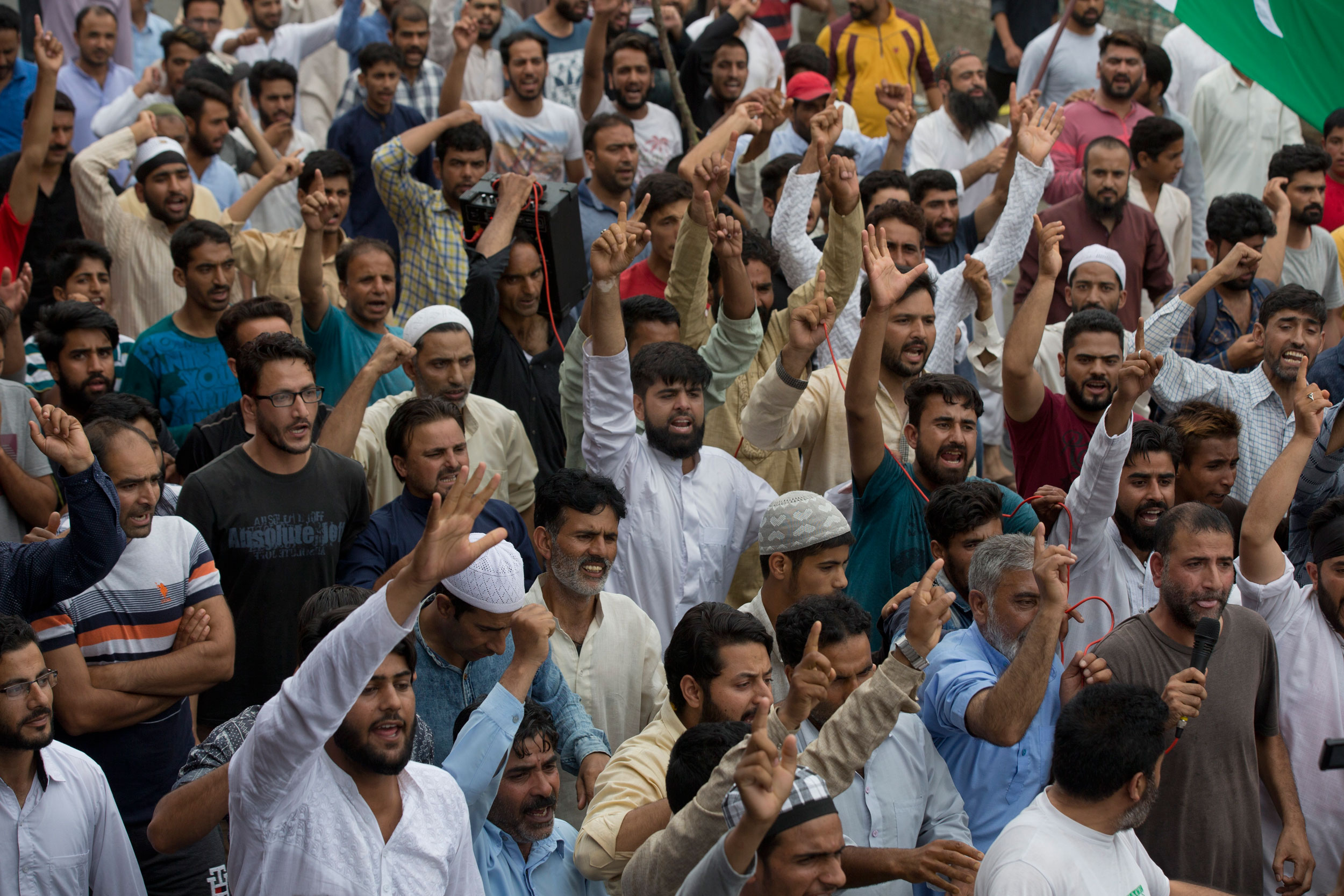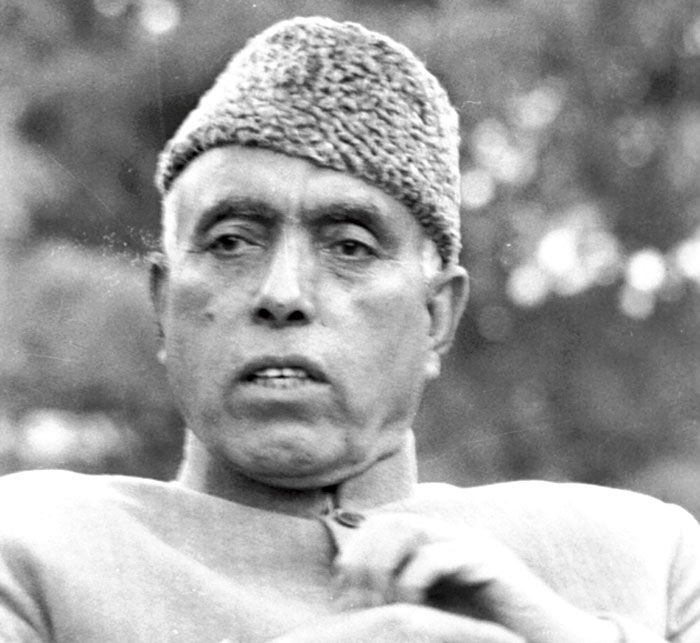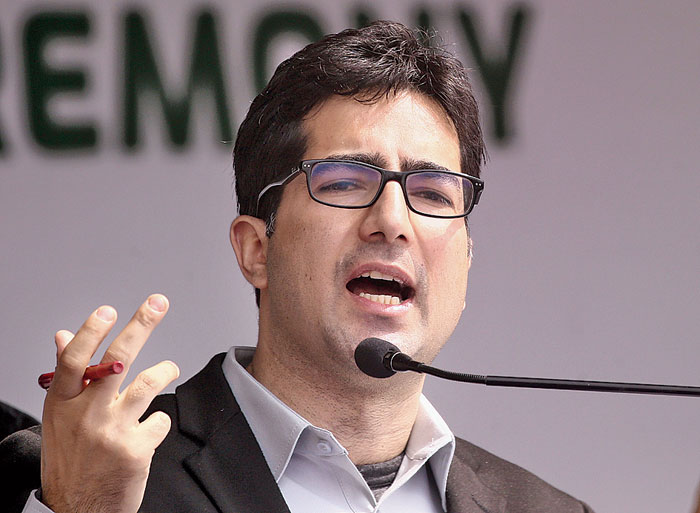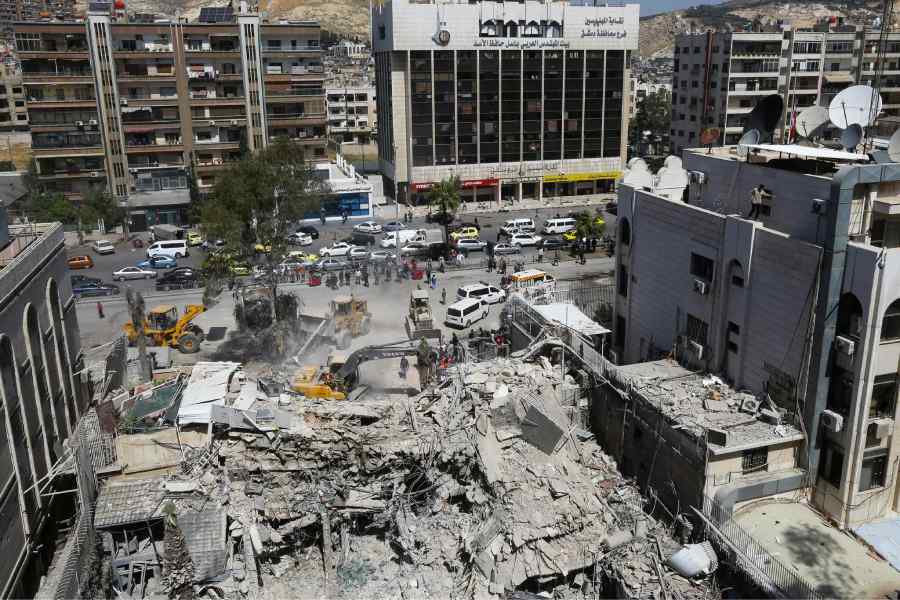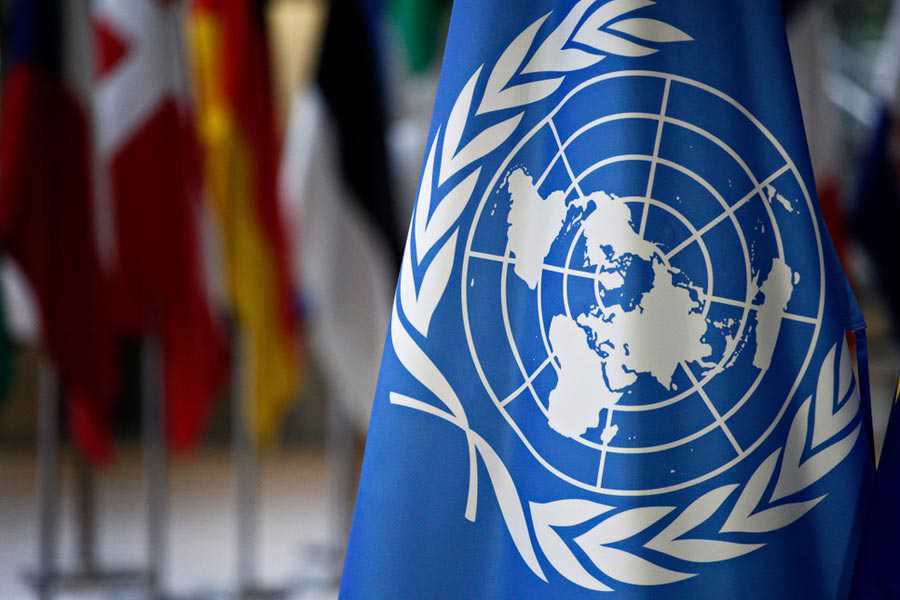Sir — The condition of Jammu and Kashmir since the amendment of Article 370 could be said to be similar to that of Germany under Hitler. All the educational institutions are closed, normal life has come to a standstill, public transport is not working, communication of all kinds has been cut off and, owing to this, the publication of many well-known newspapers has been suspended (“Biggest story, unreported”, Aug 10).
Nobody knows how long this stifling condition will prevail, but the people of Kashmir are hardly expected to forget their suffering. The State has been trying to hide this from the world in the garb of controlling violence.
In a democratic country, the government is supposed to act in the interest of the people. If the Centre speculated that its action could cause violence, then it must also have been evident that the people of Kashmir would not support it. If the Centre argues that only a small section of the people are against the amendment and the future plans for the region, then why is the entire population being subjected to isolation and military restrictions indefinitely for no fault of theirs?
Asit Kumar Mitra,
Calcutta
Sir — Whether or not the abrogation of Article 370 was the right move is a matter that is best debated by historians and other experts on the subject. But the modus operandi of the Centre is definitely sinister in design, diabolic in nature and dangerous in implication. This raises grave concerns about all that is in store for India.
Sudip Sen,
Calcutta
Sir — The lives of people are shaped by a sense of belonging to a region, or not belonging to it, and the memories of that place. Before ‘being’ a part of India, Kashmir belongs to the people who have grown up in that region. The government should not undermine the value of Kashmir to its people.
The Centre has consistently argued that the people in Kashmir are suffering because there is no development in the region. However, on several occasions, the people of the Valley have asserted their right over their land and expressed a strong sense of detachment that they feel from the rest of the country. It is this, among other things, that has compelled many of them to protest against the the Centre. This feeling cannot be taken lightly by the Bharatiya Janata Party-led government. In bypassing a plebiscite the BJP has reinforced that it is a proponent of muscular politics that completely ignores the opinion of the common people.
Saraswati Dikshit,
Calcutta
Sir — The decision to render Article 370 inoperative and bifurcate Jammu and Kashmir and Ladakh into two Union territories comes after a long struggle on the so-called ‘Kashmir issue’ (“J&K loses status, statehood and land”, Aug 6). The purpose of Article 370 was to ensure that the distinct identity of Jammu and Kashmir’s population was preserved. Although it was introduced as a temporary provision, it was never removed.
Kashmir has not been able to generate sufficient revenue on its own and is facing serious financial problems. Most of its expenditure is financed by the Central government.
The general sentiment in the country is that Article 370 is not benefiting the people of Kashmir. In fact, it has become a barrier in the path of development. The Central government’s step to integrate the Kashmir Valley more firmly with the Indian Union is, thus, both courageous and timely.
J. Akshobya,
Mysore
Sir — The reorganization of Jammu and Kashmir is a historic decision. It is strange that even though the special status granted to Jammu and Kashmir was meant to be temporary, it took decades to finally do away with it. The Opposition might be unhappy with it, but a majority of Indians have welcomed this move whole-heartedly.
Birkha Khadka Duvarseli,
Siliguri
Hung out to dry
Sir — The sight of a pink towel hanging from the handrail of a Metro compartment was a telling comment on the lack of civic sense among passengers (“Kichhu hobe na, shukote de: It’s a pink towel on a Metro train trip”, Aug 8). While it is true that the Metro authorities should do something about the increasing infrastructural snags, it is equally important that passengers show some responsibility towards the means of public transport that they avail of. Did the people who chose to dry their towel inside the metro stop to consider the inconvenience they were causing to fellow passengers?
Amal Biswas,
Calcutta

